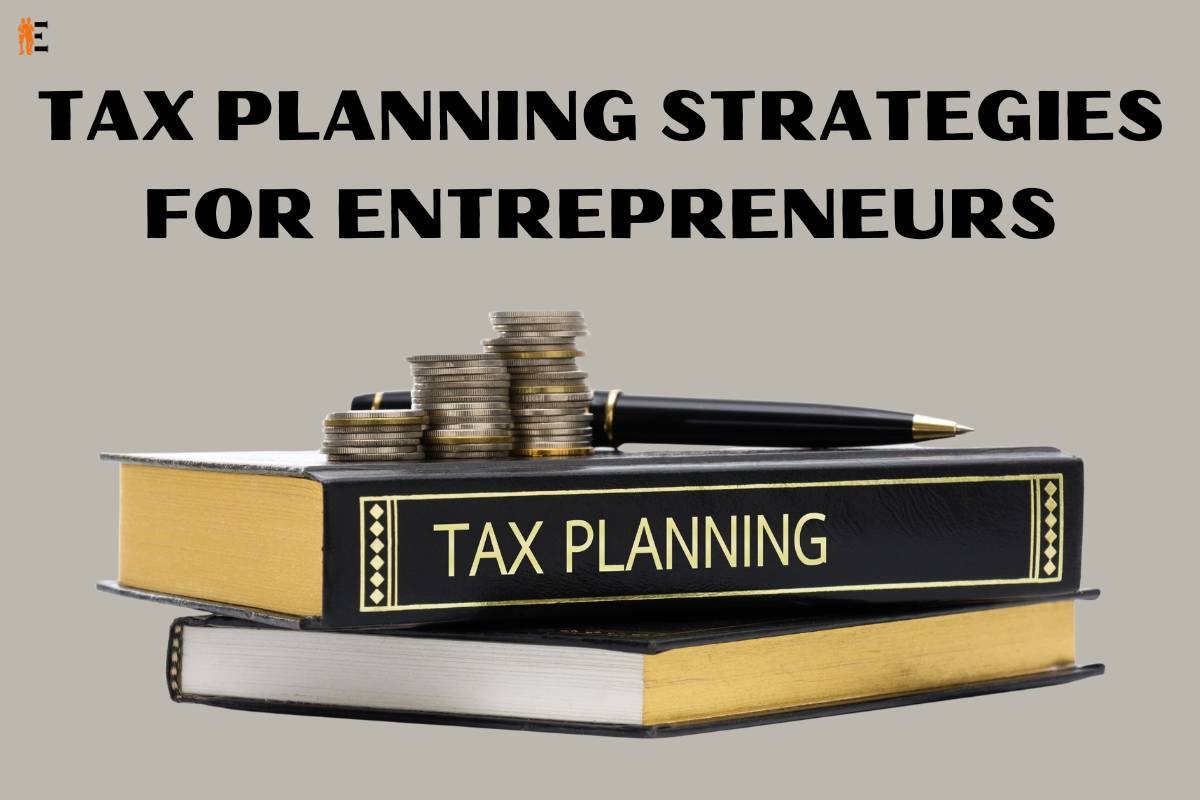Putting money into the stock market exposes you to the possibility of losing some or all of it. You don’t have to be one of the many people who are discouraged from investing due to the concern that they may lose money. While it is true that becoming a good active trader involves a significant amount of research and skill, Investing Without Knowing Anything is possible to begin engaging in long-term, buy-and-hold investing with little to no prior knowledge of the stock market. The following are some suggestions that will assist you in getting off to a good start.
Here are 3 Ways to Start Investing Without Knowing Anything;
1. Go down to basics.
Never Investing Without Knowing Anything that you can’t afford to lose is a wise rule of thumb to live by when it comes to investing. If you breach this rule and your investments don’t work out, you can find it difficult to pay your payments at the end of the month. This might put you in a difficult financial situation.
Determine how much money you will need for your day-to-day living needs, and put that amount of money away each month. After that, you are free to put as much of what is left over into investments as you see fit. Because these accounts are tax-advantaged, which means that the money you put into them comes off of your taxable income, and you don’t have to pay any taxes on your investments until you withdraw the money, traditional 401(k)s and IRAs are great places for beginners to Start Investing Without Knowing Anything because these accounts are tax-advantaged. In other words, the money you put into them comes from your taxable income.

In Investing Without Knowing Anything It is up to you to determine how much of your own money you are ready to put at risk; however, if you are worried about losing money, it is better, to begin with, a very modest number and work your way up to a larger investment once you feel more at ease with the process. You might begin by making a one-time investment with a lump sum or by contributing a predetermined amount to your investment account every month.
As your wealth increases and your level of expertise increases, you will be able to progressively add more money to your portfolio and buy additional stocks to increase its diversification. Because of this, your chances of success will be significantly increased.
2. Purchase what you’re familiar with.
Everyone has the fantasy of earning a fortune by betting on the next great thing and investing in it, but possibilities like this are seldom simple to recognize. If you are just starting as an investor, it is in your best interest to stay with major, well-known firms so that you are certain to have a long and prosperous future ahead of them. Investing Without Knowing Anything is possible to make a lot of money by investing in new businesses at an early stage; but, the vast majority of the time, this strategy will result in financial loss.
It is recommended by Warren Buffett that you limit your investments to businesses that fall within your “circle of expertise,” which refers to businesses that you fully comprehend. If you are not very knowledgeable about cutting-edge technology, you probably shouldn’t spend your time investing in artificial intelligence since it will be difficult for you to evaluate the long-term development potential of the firms involved.

On the other hand, if you already work in the technology field, this can be an excellent location for you to spend your money since it will be much simpler for you to see the chances that are there.
But, you are not required to limit yourself to your professional domain when you are Investing Without Knowing Anything. Consider the goods and services you make the most frequent use of and think about which ones seem to be the most popular overall. Use this as your starting point and build from there. The next step is to do more research on the firms to determine which ones have the most potential for value and development over the long term.
Index funds are yet another excellent choice for novice investors to consider. These funds may be mutual funds or exchange-traded funds, and their primary objective is to replicate the performance of a certain index, such as the S&P 500. These funds make investments in every component of that index to mimic its performance as closely as possible. They generally entail cheap costs and give consistent returns.
3. Make sure you choose the best broker.
After you’ve settled on what you want to put your money into, the next step is to choose where you’ll keep that money stashed away. There are hundreds of brokers from which to pick, but not all of them are good options for those who are just starting as investors. Several of them call for you to maintain a minimum balance, which may sometimes be more than $2,500.00. You won’t be able to make any money off of it if you just have a few hundred dollars to invest. The broker help you a lot when you Start Investing Without Knowing Anything.
When you are Investing Without Knowing Anything Choose a broker that has a low or no account minimum so that you may begin trading with a little amount of money. It is also a good idea to examine the fees charged by several different brokers to choose the one who can get you the best bargain. There are many different kinds of fees, but the most typical ones include transaction fees, custodian fees, and expense ratios.

You should anticipate paying advising fees in addition to the management costs of a professionally managed account. It is also a good idea to investigate the resources that are made available by the broker to assist novice investors in gaining knowledge about the stock market. These tools might be really helpful if you are serious about expanding the holdings in your portfolio.
Also Read: 10 Investing Tips to Become a Successful Investor











